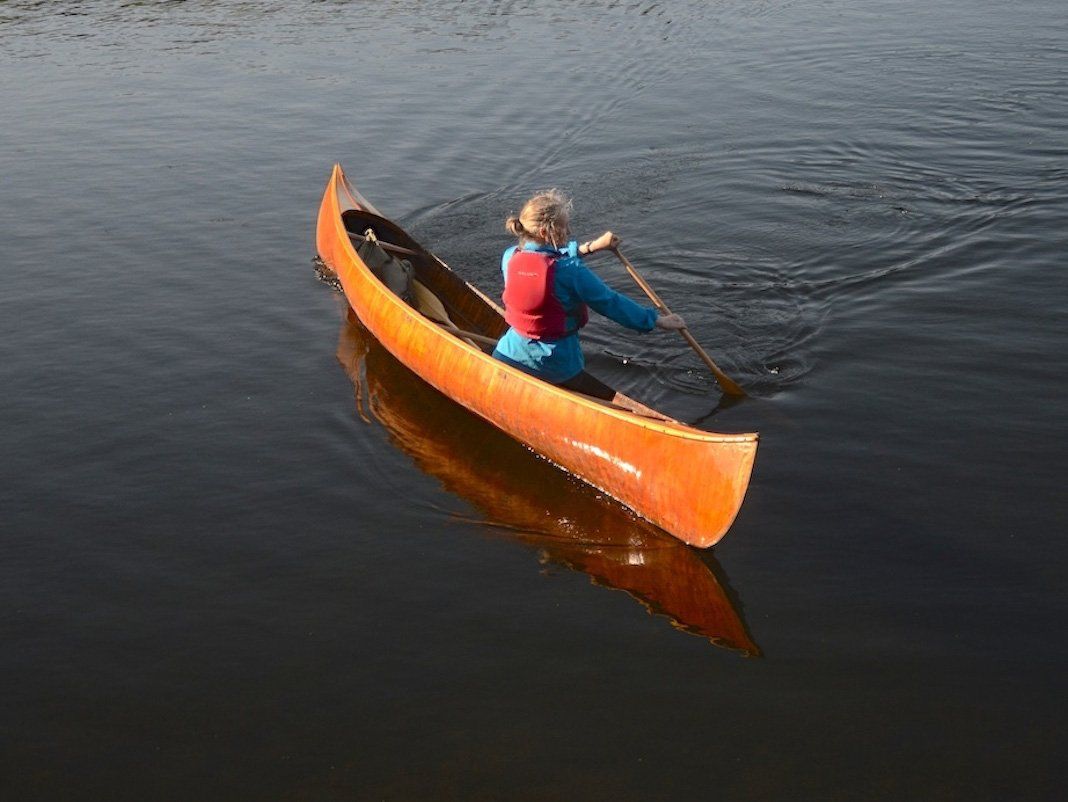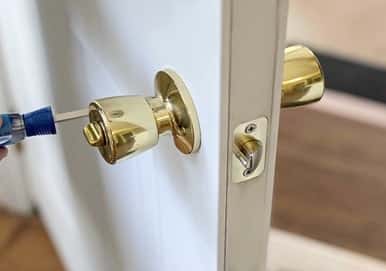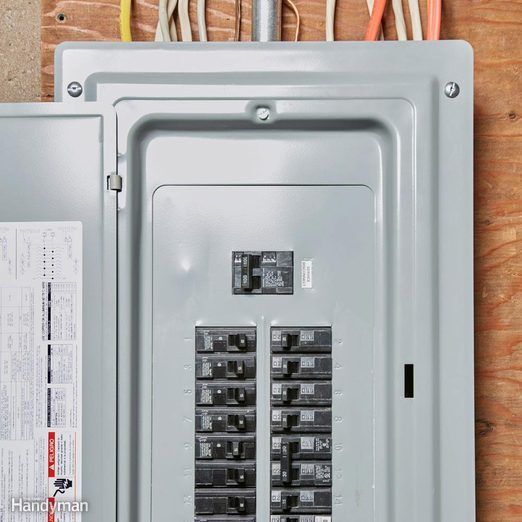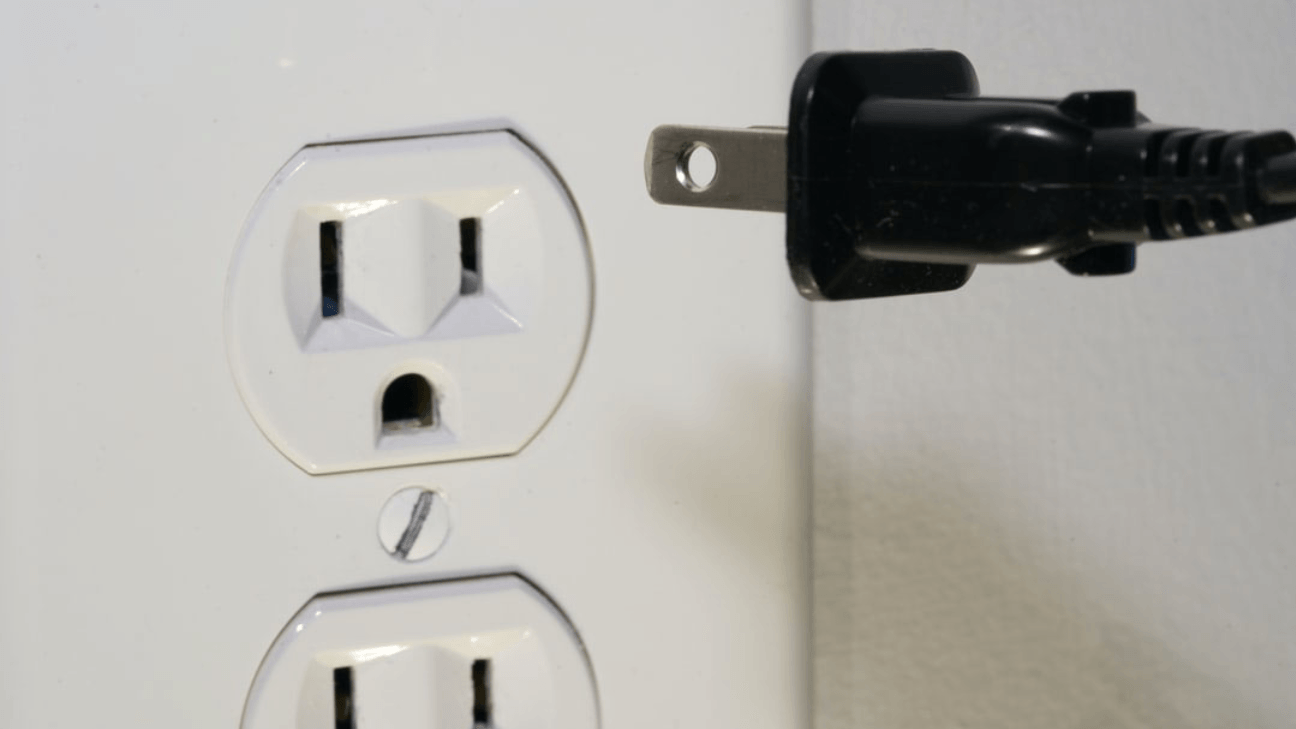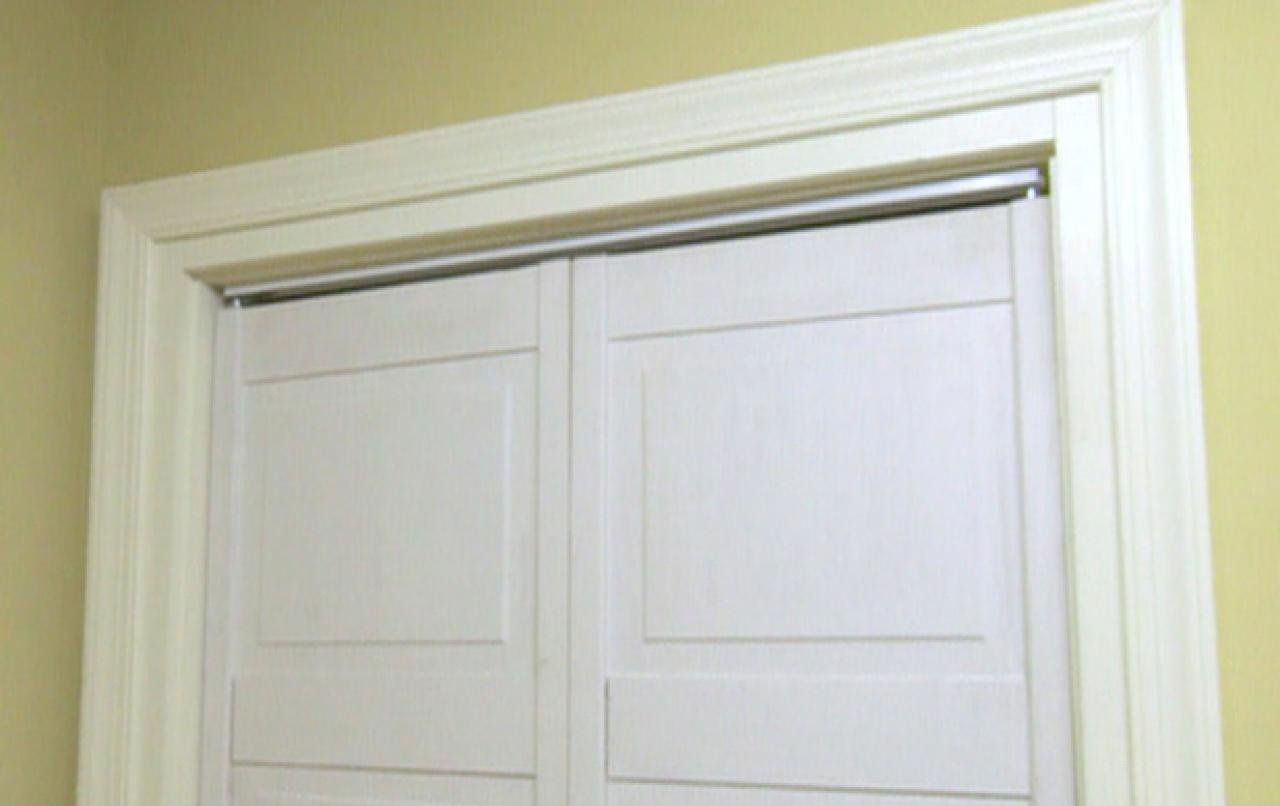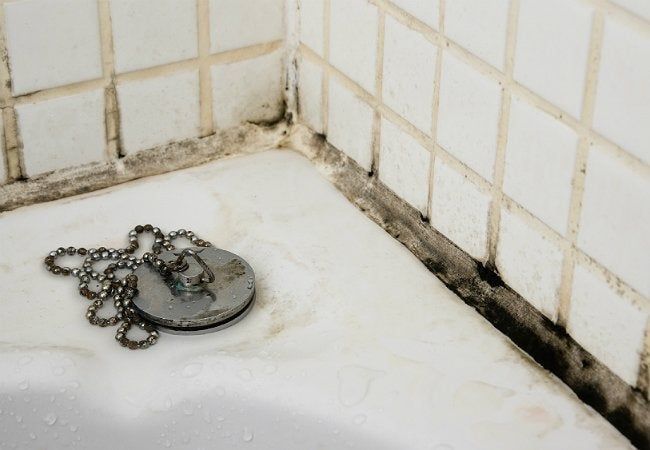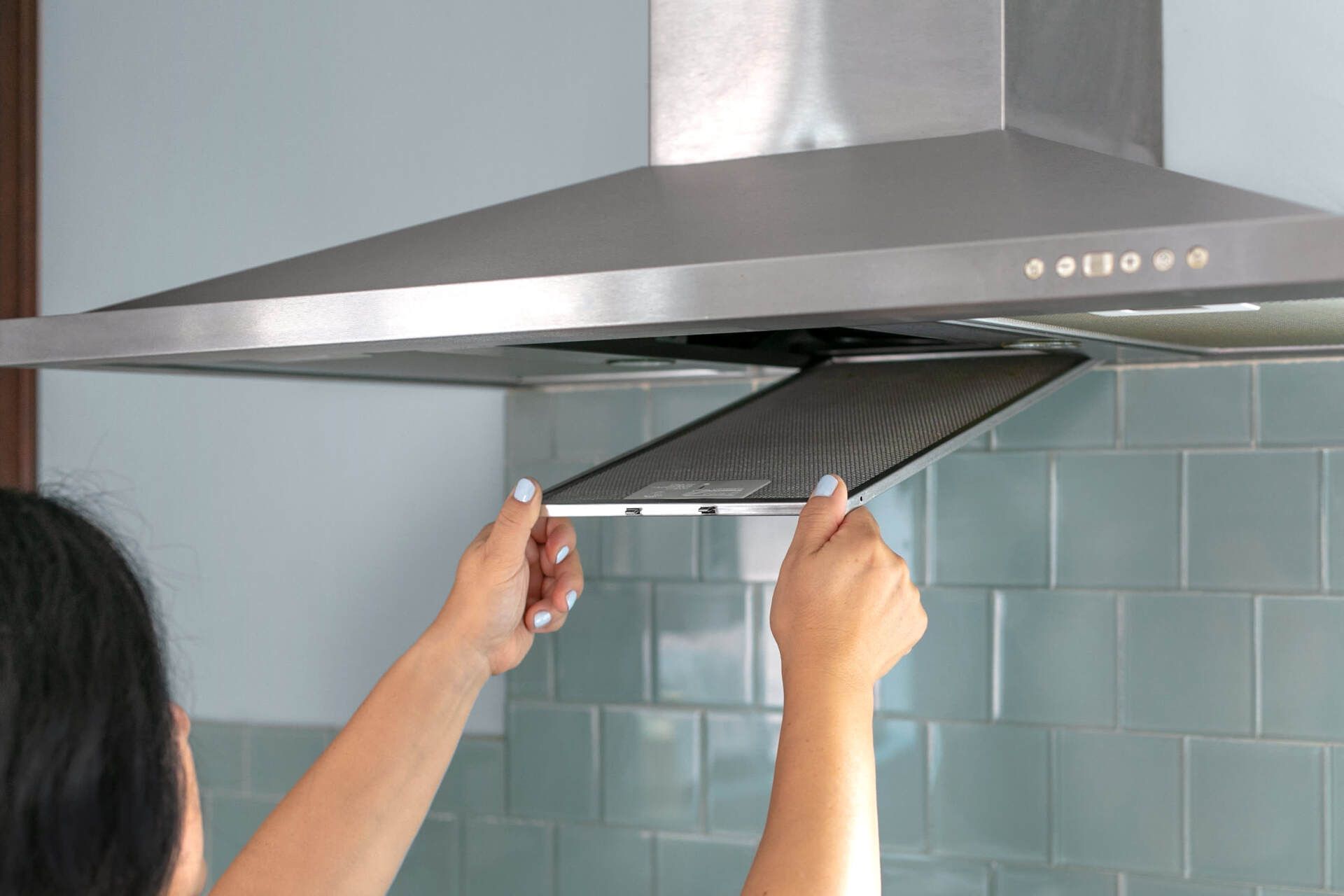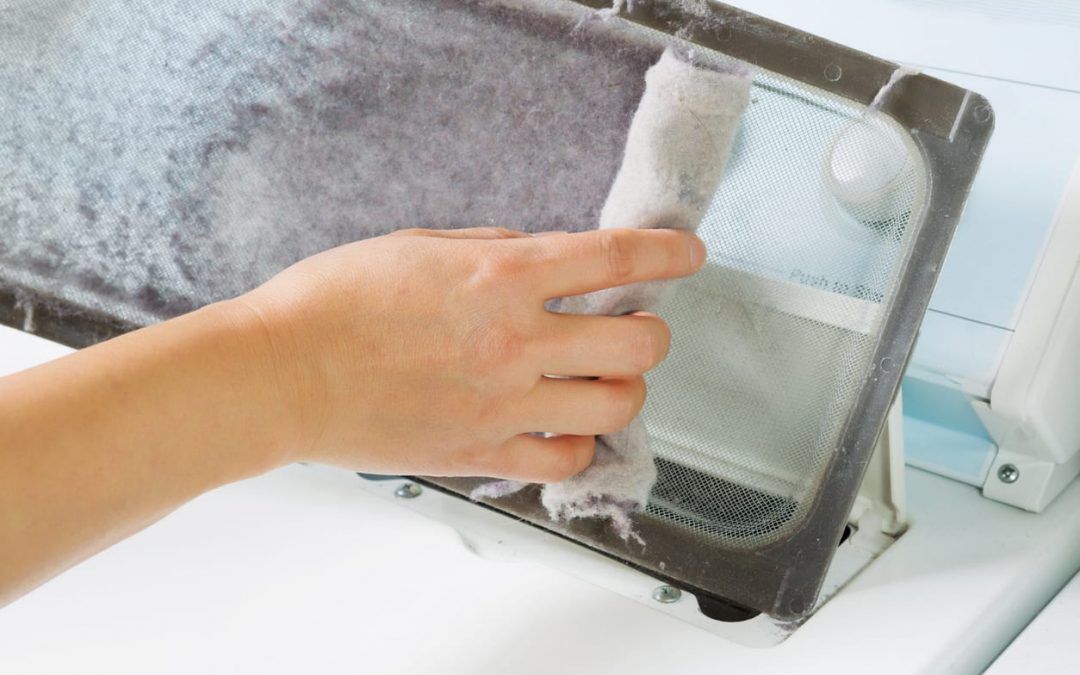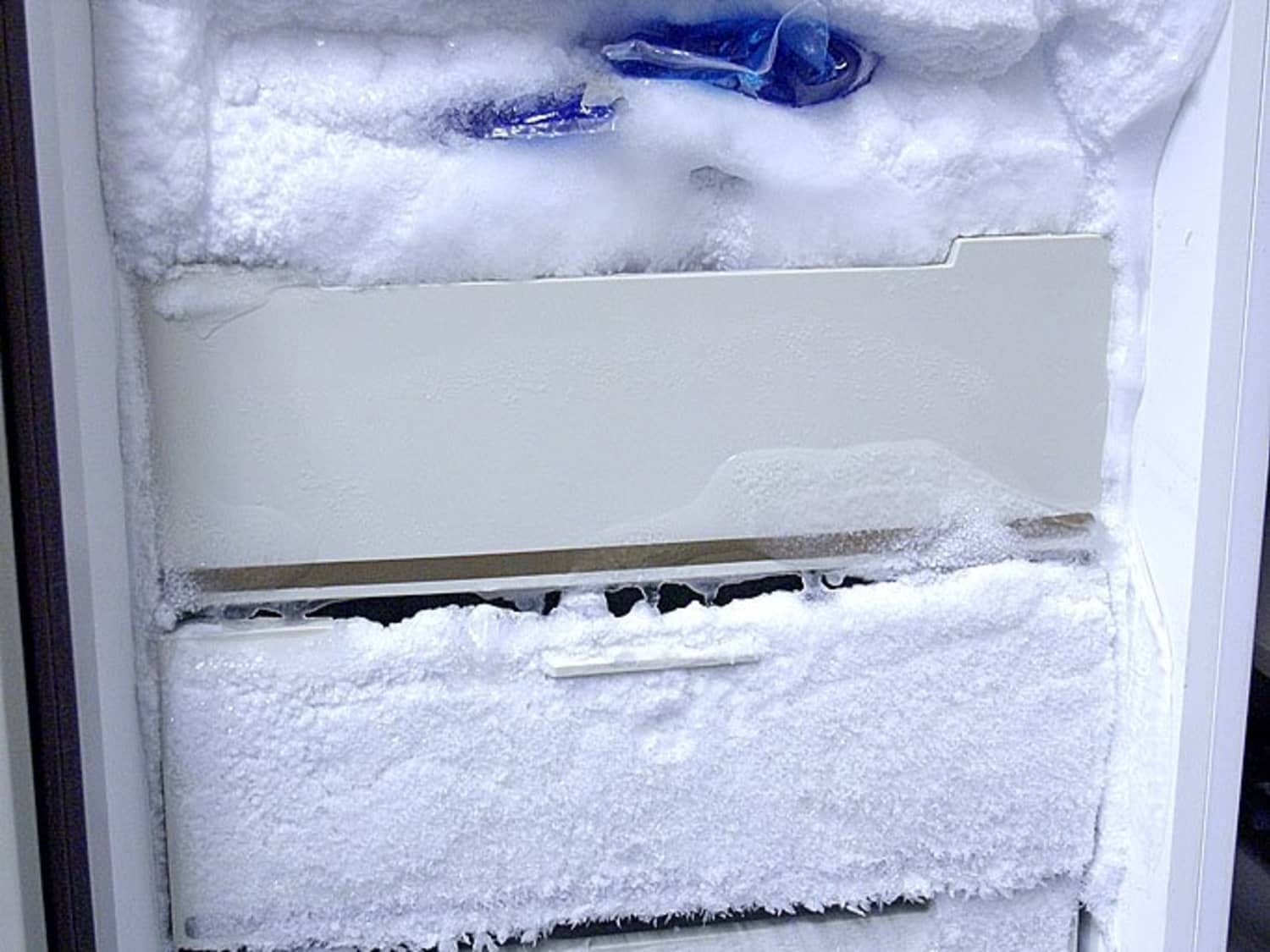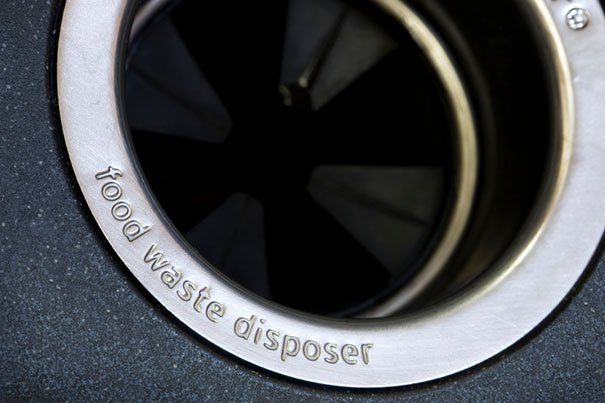Residents can be water wise during the drought

Tenants can be water-wise to lessen the impacts of the drought and avert rising water costs
Measured by rainfall and snow totals, the past couple of years in California have been the driest since 1976-77. The parched conditions have shrunk our reservoirs and fueled scorching fires that have become our new normal. Water scarcity is decimating crops and threatens our food supply and power grids.
It may soon lead to increased water costs that everyone has to absorb.
In July, Governor Newsom asked Californians to reduce water consumption by 15%. Local governments have issued their own guidance as well, but we have fallen far short of water conservation goals. If the drought becomes more dire, it will trigger another stage called “Water Supply Allocation.” This doesn’t mean we will only be allowed one glass of water a day, but it does mean that the state will allocate water to all wholesale and retail water utilities that, in turn, are likely to use tiered rate billing.
Under tiered rate billing, a baseline number will be set to reduce your water consumption, say 15% as a hypothetical. At this point you will have to cut back 15% on water and if you don't, any water above that baseline number of a 15% reduction will be billed at a higher rate – much higher, because the water usage is considered excessive or "wasteful." If landlords pay more for water, it is entirely possible that the increased expenses will be passed onto residents in the form of a rent increase.
Fortunately, rental property owners and residents can work together, each doing their part to conserve water while playing a role in saving the environment.
Here are a few tips to be water-wise:
- Report leaky toilets and faucets without delay. One of the biggest culprits of wasteful water is the unreported leak. Excessive moisture can also form the perfect breeding ground for mold, as we noted in an earlier post. We urge residents to contact their property manager right away or submit a maintenance request online at the first indication of a leak.
- Soak pots and pans rather than running the water while you scrape them clean.
- Take a shorter shower. It’s been estimated that taking a 5-minute shower instead of a 10-minute shower saves 12.5 gallons with a low-flow shower head and 25 gallons with a standard 5-gallon-per minute shower head.
- Prefer a bath over a shower? Fill your bathtub half full and save up to 12 gallons of water in a 24-gallon bathtub.
- Waiting for the shower or bath to warm up? You can save the colder water to later use on houseplants, flower beds, pet drinking, and other applications.
- When shaving or brushing your teeth, turn off the running water. This easy habit can save 1 to 5 gallons of water. To rinse your razor, you can fill the sink with a small amount of water and use that.
- Defrost meat and other frozen foods in the microwave or the refrigerator instead of using running water to thaw it.
- You can reuse water left over from cooking foods, like pasta and vegetables. Instead of pouring water down the drain, preserve it for another use like watering plants.
- When washing your clothes, don’t run a full cycle for a pair of socks - only run full loads in your washing machine. This saves up to 23 gallons of water for every load that you don’t run on full.
Landlords and tenants won’t fix our historic, multi-year drought, but we can work arm in arm in reducing inefficient water usage so that wasteful water and money won’t go down the drain.
Share this post
